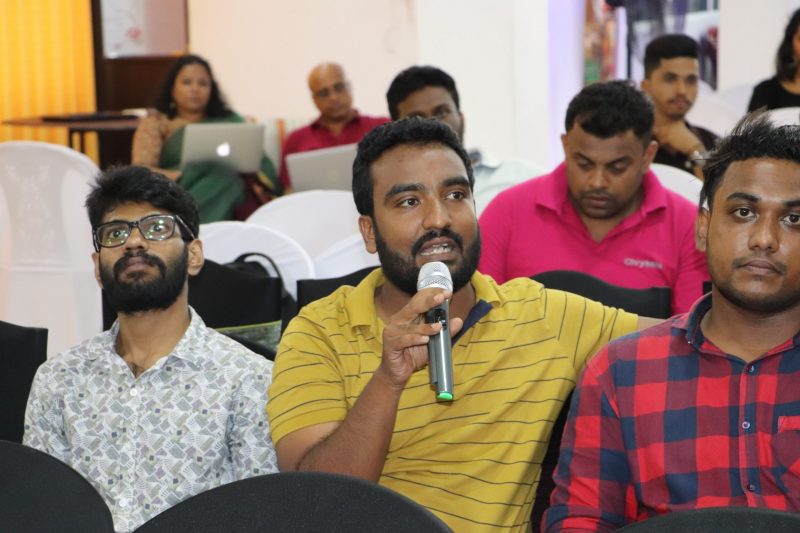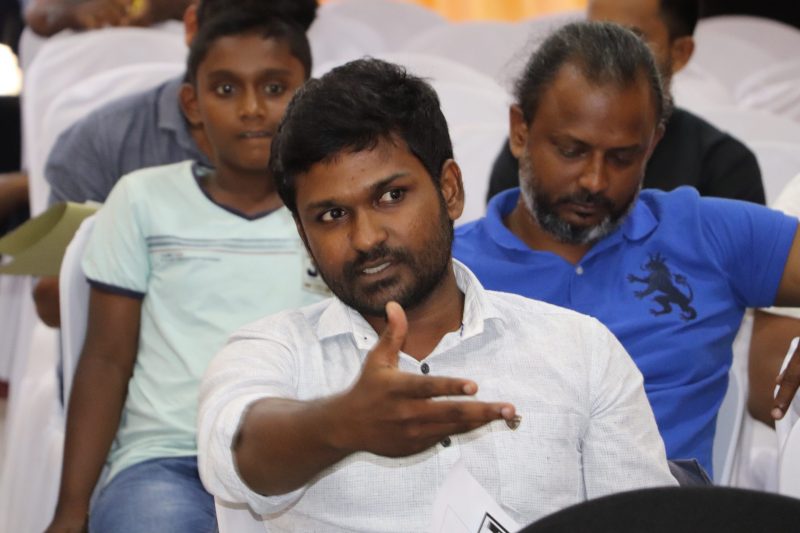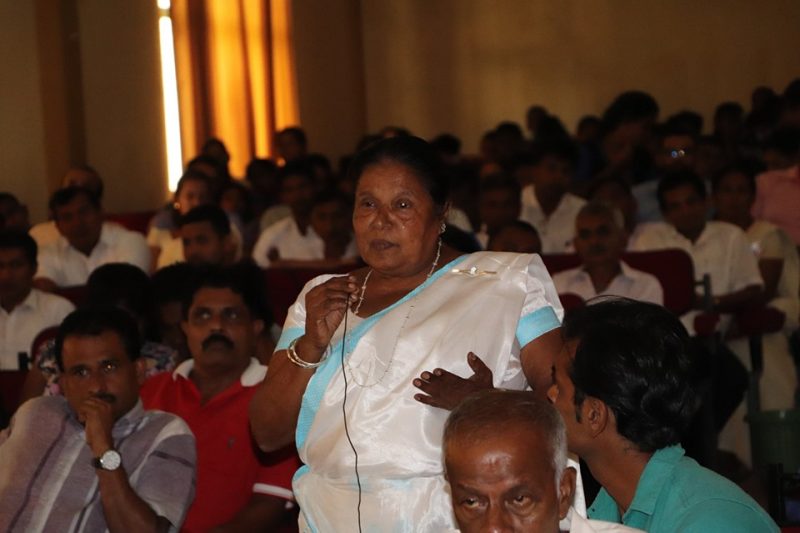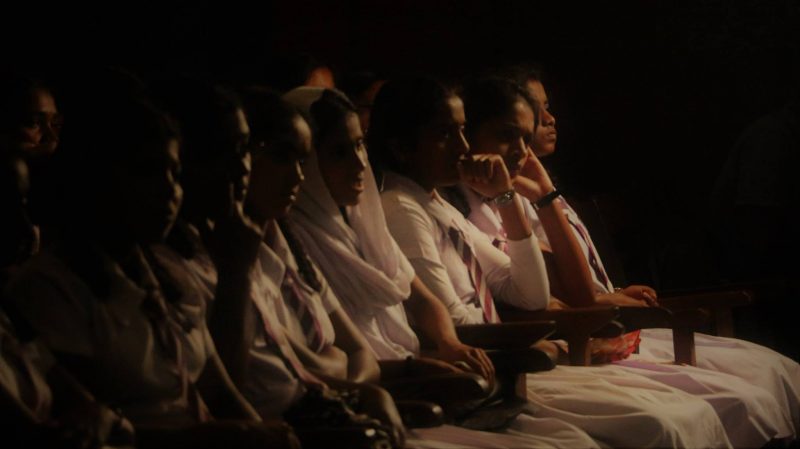The site is under construction!
Film for Dialogue
The project is funded by GIZ and :
- Contributed to the process of reconciliation and democratization in the country through creating dialogue between communities.
- Provided opportunities for public to appreciate insightful films and enable them to engage in dialogue on co-existence, peace building, gender and the other related socio-political themes
- Created a culture of film appreciation in the areas where reconciliation efforts are needed
- Organized several film festivals and small-scale film screenings sessions where films on the thematic areas on and around reconciliation, democracy, diversity, coexistence, cultural harmony and gender were screened followed by discussion sessions.
- Applied dialogue, crowd formation, peer advocacy using film medium to develop a forum around reconciliation and art, especially cinema.
- Used available feature films, short films and documentary films selected through a panel experts and local enthusiasts. They packaged into a pool of film and screened in the film festivals, small film screenings session which suits each location with language and content.
- Each viewing was followed by post screening discussion sessions where dialogue on its feel, messages and relevance to the local context were conducted.
- These discussions were moderated by expert moderators having directors of the films as panelists. The discussion outcomes will be used to design further interventions with art and culture as the central pillar.
- An audience of around 5,000 viewed the film screenings, including 2600 female audience, and among them 2950 were the youth (1250 boys and 1700 girls).
- 4 Film networks consisting of individual and organizations have been created in above districts. Networks consist of film directors, film critics and enthusiasts, veteran as well as young and emerging artists and organization having same thematic interest.
- Film screening followed by the discussions created a platform for public to express their views on social issues specially issues around reconciliation, cultural diversity, co-existence and gender which indirectly contributing to strengthen the reconciliation process in Sri Lanka.
- Created a culture of cinema appreciation among people specially among youth who have not been exposed to viewing though provoking and art films before.












